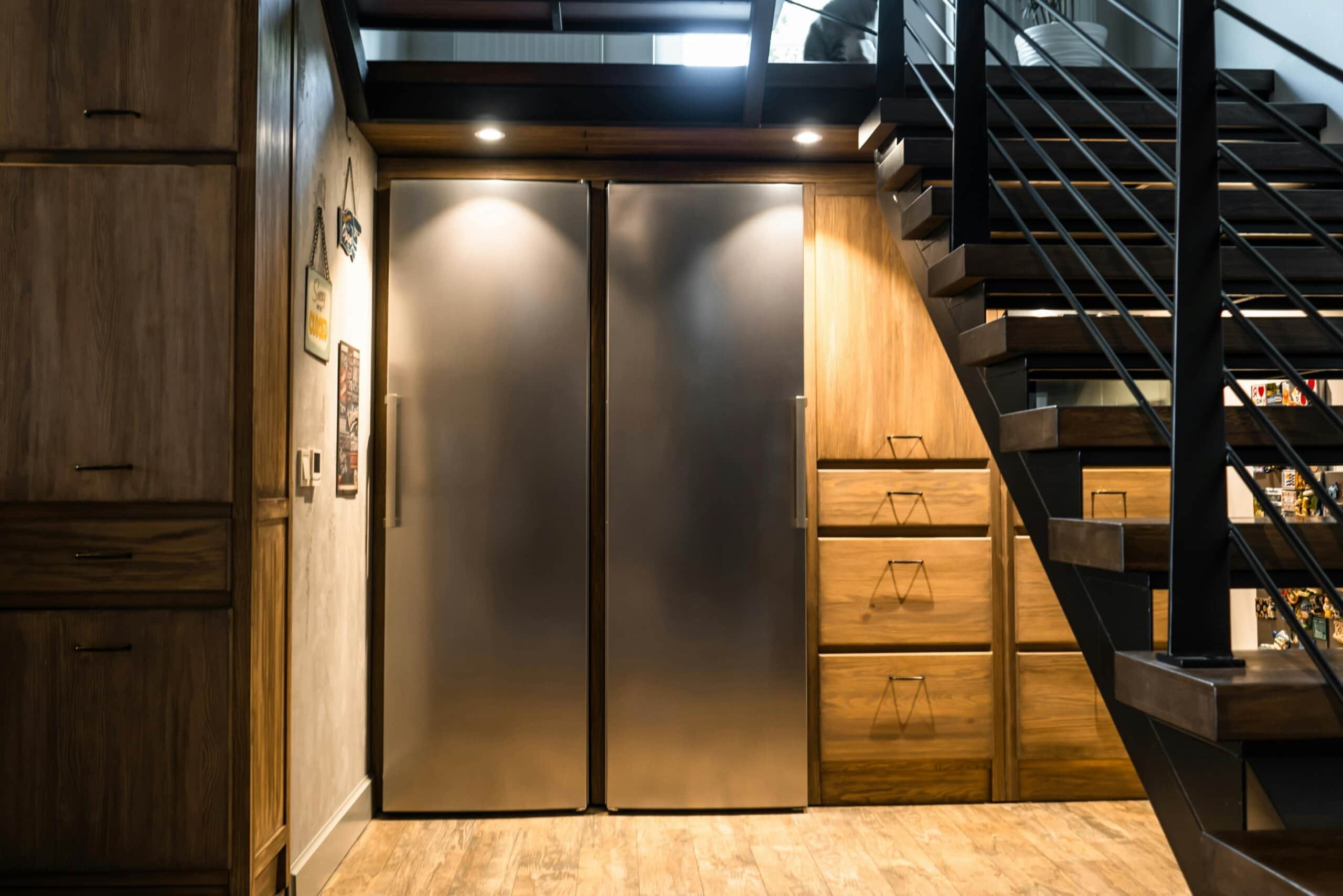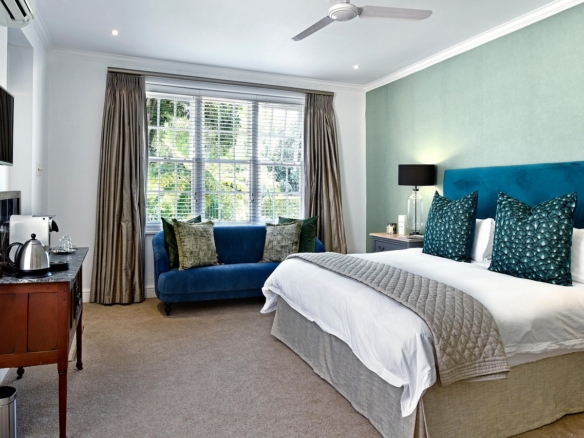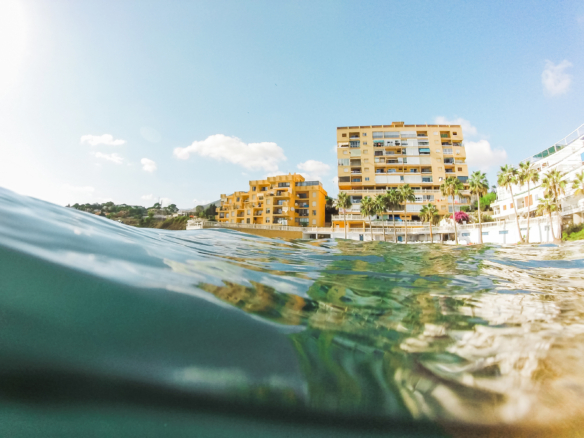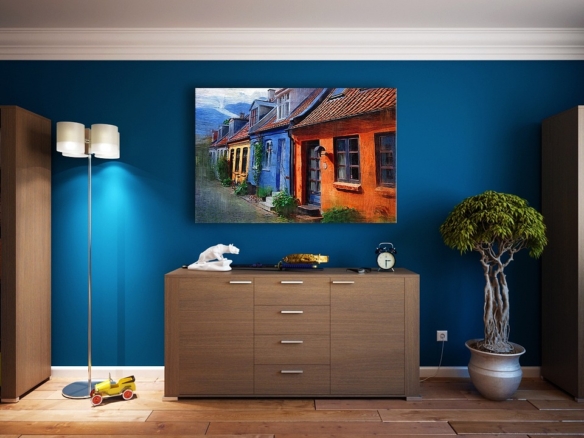Coastal vs. Urban Apartment Finishing – Key Differences
When it comes to apartment finishing, the choice of materials can vary significantly between coastal areas (like North Coast, Alexandria, or Hurghada) and urban cities (like Cairo or Giza). Factors such as humidity, salt exposure, temperature fluctuations, and urban pollution play a crucial role in determining the best finishes for durability and aesthetics. If you’re renovating or building, understanding these differences will help you choose the right materials for long-lasting results.
How Climate Affects Apartment Finishing
Coastal Areas: Humidity & Salt Resistance
Coastal regions have high humidity and salt content in the air, which can damage certain materials. Here’s what to consider:
- Walls & Paint: Use anti-mold, moisture-resistant paints (e.g., epoxy or acrylic-based). Avoid wallpaper, as it peels easily.
- Flooring: Porcelain tiles, natural stone, or treated wood are ideal. Avoid laminate or untreated wood, which warps in moisture.
- Metals: Stainless steel or aluminum resist rust. Avoid regular iron fittings.
- Furniture: Opt for marine-grade plywood or treated teak to prevent swelling.
Urban Areas: Pollution & Temperature Changes
Cities face dust, pollution, and extreme heat, requiring different considerations:
- Walls & Paint: Washable, stain-resistant paints (e.g., silicone-based) help with urban grime.
- Flooring: Ceramic tiles, polished concrete, or vinyl are durable and easy to clean.
- Metals: Power-coated or anodized metals resist urban corrosion.
- Furniture: Medium-density fiberboard (MDF) or lacquered wood works well indoors.
Best Materials for Each Area
For Coastal Apartments:
Walls: Cement-based plaster + waterproof paint
Floors: Porcelain tiles, natural stone (marble/granite)
Kitchen/Bathroom: Stainless steel fixtures, quartz countertops
Windows/Doors: UPVC or aluminum (rust-proof)
For Urban Apartments:
Walls: Gypsum board + washable paint
Floors: Ceramic tiles, epoxy flooring
Kitchen/Bathroom: Laminated cabinets, granite countertops
Windows/Doors: Powder-coated aluminum or wood
How to Choose the Right Finishing Materials
- Check Durability: Will it withstand local weather conditions?
- Maintenance Level: Can you easily clean/repair it?
- Aesthetic Appeal: Does it match your design style?
- Budget: Coastal finishes may cost more due to specialized materials.
Common Mistakes to Avoid
Using untreated wood in coastal areas (rots quickly)
Installing wallpaper in humid climates (peels off)
Choosing dark-colored floors in hot cities (traps heat)
Expert Tips for Long-Lasting Finishes
To ensure your apartment finishing stands the test of time, follow these pro tips:
Consult Local Experts: Contractors familiar with coastal or urban challenges can recommend the best brands and techniques.
Why Proper Apartment Finishing Matters in Different Locations
Choosing the right finishing materials for your apartment isn’t just about aesthetics – it’s about long-term durability and functionality. In coastal areas, high humidity and salt air can quickly degrade improper materials, causing mold, warping, and corrosion. Meanwhile, urban apartments face challenges like pollution, dust buildup, and extreme temperature fluctuations that demand easy-to-clean, heat-resistant solutions. The key difference lies in material selection: coastal homes need moisture-resistant paints, rust-proof metals, and salt-tolerant surfaces, while city dwellings benefit from stain-resistant finishes and heat-deflecting options. Smart homeowners consider both climate demands and lifestyle needs – a beachfront apartment might prioritize breezy, low-maintenance finishes, while a city residence could focus on sleek, scratch-resistant surfaces. By understanding these location-specific requirements from the start, you’ll avoid costly repairs down the line while creating a space that stays beautiful for years, no matter where you live. Always consult local contractors who understand regional challenges for the best results.
Conclusion: Smart Finishing Choices for Longevity
Seal All Surfaces: In coastal areas, apply waterproof sealants on tiles, countertops, and grout to prevent moisture seepage.
Ventilation Matters: Install exhaust fans and dehumidifiers in bathrooms and kitchens to reduce humidity buildup.
UV Protection: For urban apartments with large windows, use UV-resistant films to prevent furniture and flooring from fading.
Test Before Buying: Always request material samples and expose them to local conditions (e.g., leave paint samples in humid air) before finalizing.
Whether you’re furnishing a coastal getaway or a city apartment, selecting the right materials ensures durability, beauty, and low maintenance. Always consult with contractors familiar with local conditions to avoid costly mistakes.
ContactForsa For Real Estate survices today!





Join The Discussion